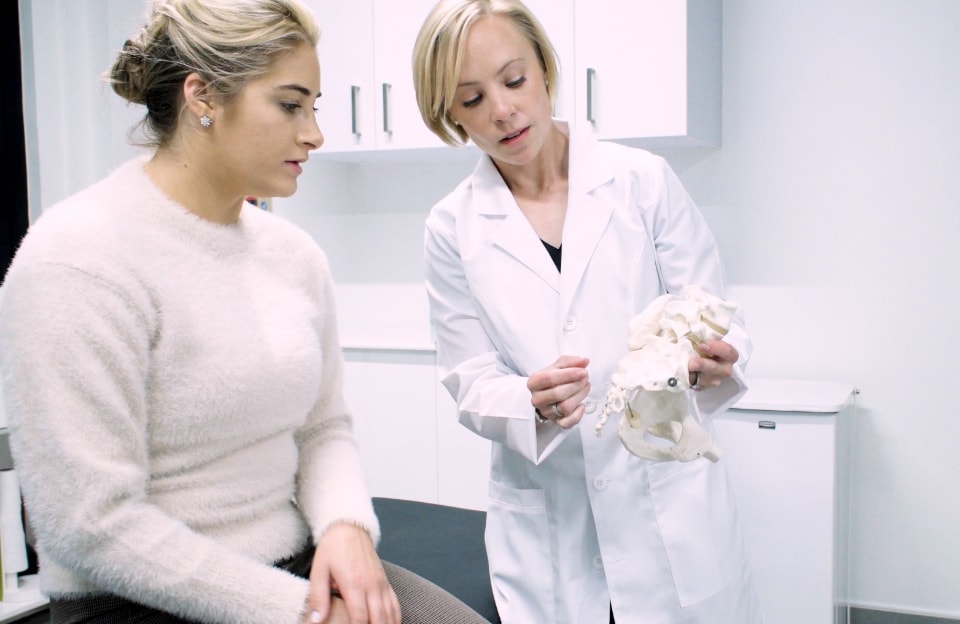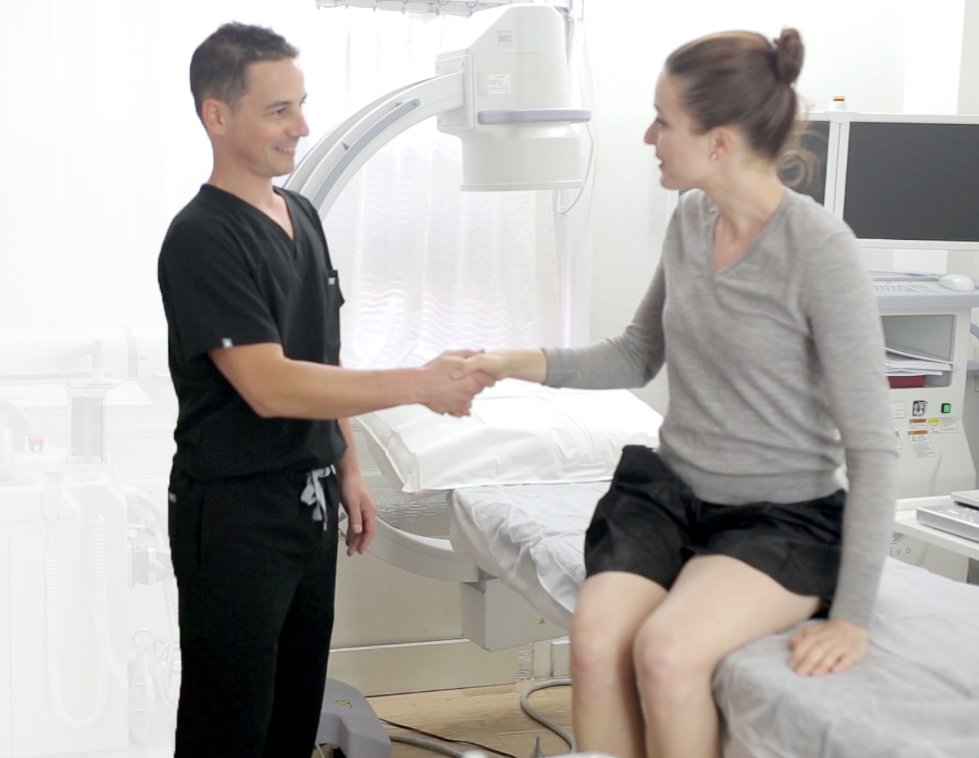Now that you've decided to see someone about the bulging, twisted veins that have been bothering you. Good call! If you are managing varicose veins, a visit to a vein health facility is the proper step. But we get it; you are probably a bit anxious or unsure about what's going to manifest. Don't worry! Here's everything you want to realize about your first appointment.
Who treats varicose veins?
Let's start with the basics. You are probably questioning, what kind of specialist treats varicose veins? These veins are generally handled by vein medical doctors, additionally called vein professionals. They can be dermatologists, vascular surgeons, or interventional radiologists who specialize mainly in vein problems. In a few places, they're truly known as varicose vein experts.

If you are attempting to find assistance in New York, you are in luck. Long Island vein treatment clinics are acknowledged for having skilled doctors who provide more than a few treatment options.
What to expect at a vein clinic?
When you walk into a medical institution, the vibe is normally comfortable. The group of workers is there to make your experience cushy. The first visit is generally about understanding your symptoms and figuring out a satisfactory remedy plan for you.
Consultation and Questions
The vein remedy physician will ask you a group of questions. When did the veins start showing up? Do they hurt? Do your legs feel heavy or tired? What is a varicose vein specialist called? This is the time to be sincere and detailed. It helps the physician understand your circumstances better.
Leg Examination
Next, the health practitioner will check your legs, normally even as you're standing. They're searching for the size, shade, and sample of the veins. Don't be embarrassed; they've seen all of it earlier than you.

Ultrasound Test
Most vein treatment doctors in their clinics will do a short ultrasound to see how blood flows through your veins. It's painless and helps the physician get a better image of what's occurring underneath the surface.
What are the signs and symptoms of chronic venous insufficiency?
Chronic venous insufficiency signs and symptoms include:
● Achy or tired legs.
● Burning, tingling, or “pins and needles” sensation in your legs.
● Cramping in your legs at night.
● Discolored skin that looks reddish-brown.
● Edema (swelling) in your lower legs and ankles, especially after standing a while or at the end of the day.
● Flaking or itching skin on your legs or feet.
● Full or heavy feeling in your legs.
● Leathery-looking skin on your legs.
● Ulcers (open sores) usually appear near your ankles. If they're very painful, they may be infected.
● Varicose veins.
Before You Go
You don't need to do a whole lot of prep before visiting the health facility. Just wear free clothing and bring your insurance card when you have one. Some clinics may also do a free consultation if you're simply exploring options.
Final Thoughts
Going to a vein medical institution might seem intimidating at first; however, once you apprehend what to expect, it's not horrifying in any respect. Whether you want Long Island vein remedy or you're simply curious about your alternatives, getting looked at by a varicose vein expert is a wonderful step closer to healthier legs. Remember, the sooner you treat your varicose veins, the better you'll feel, so don't wait too long!






